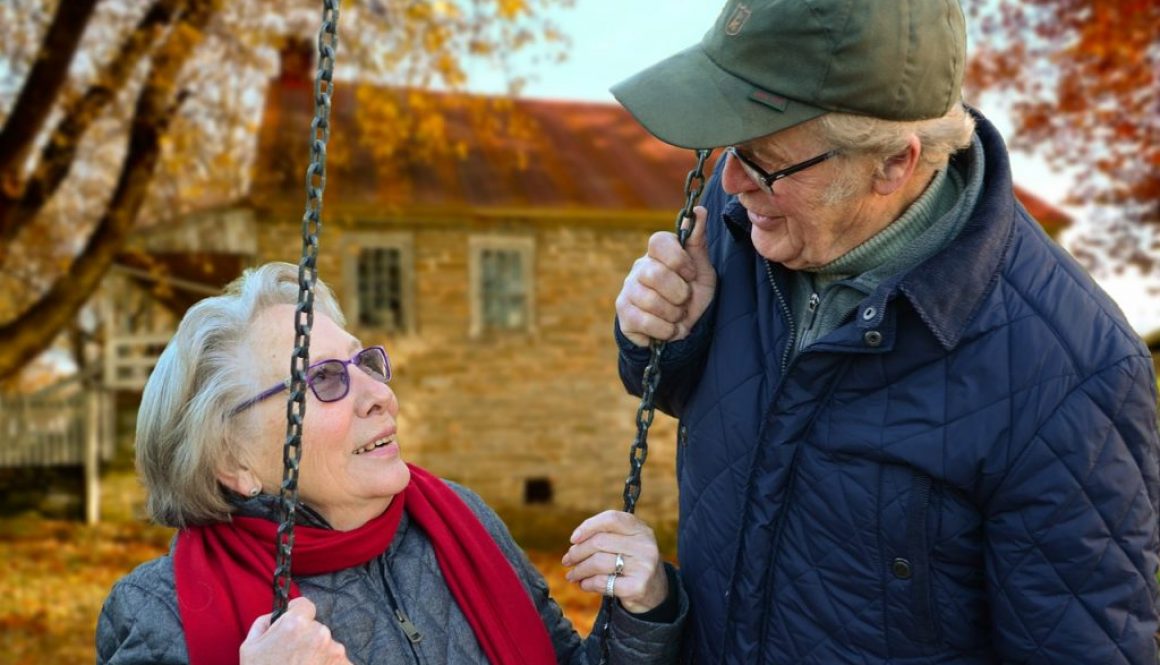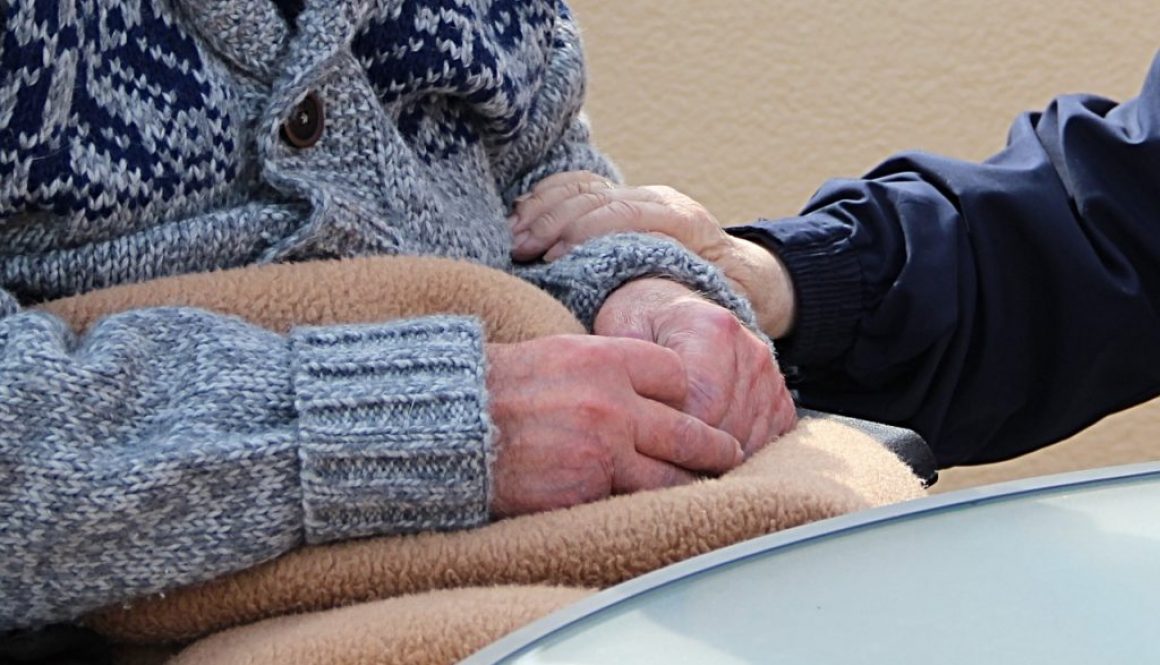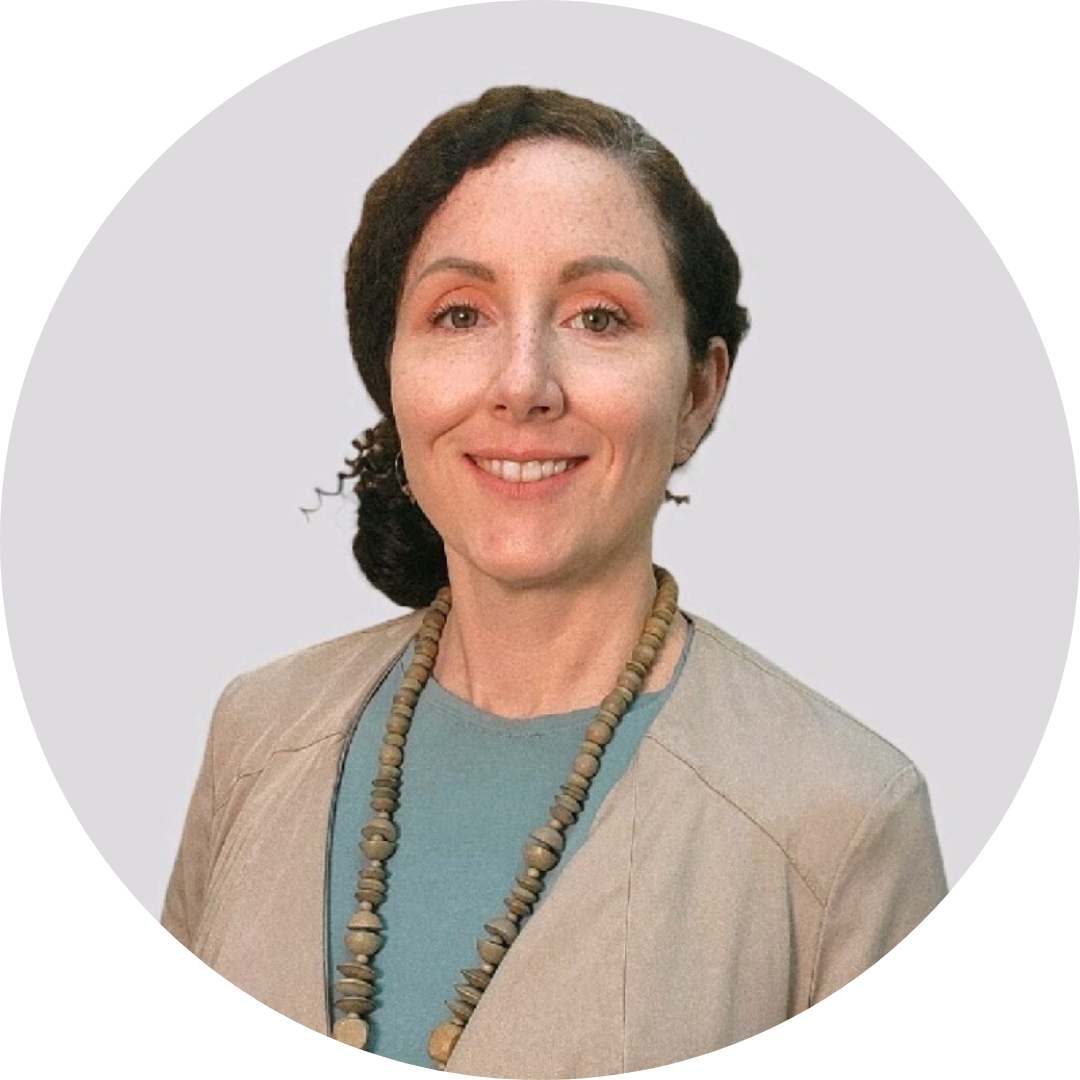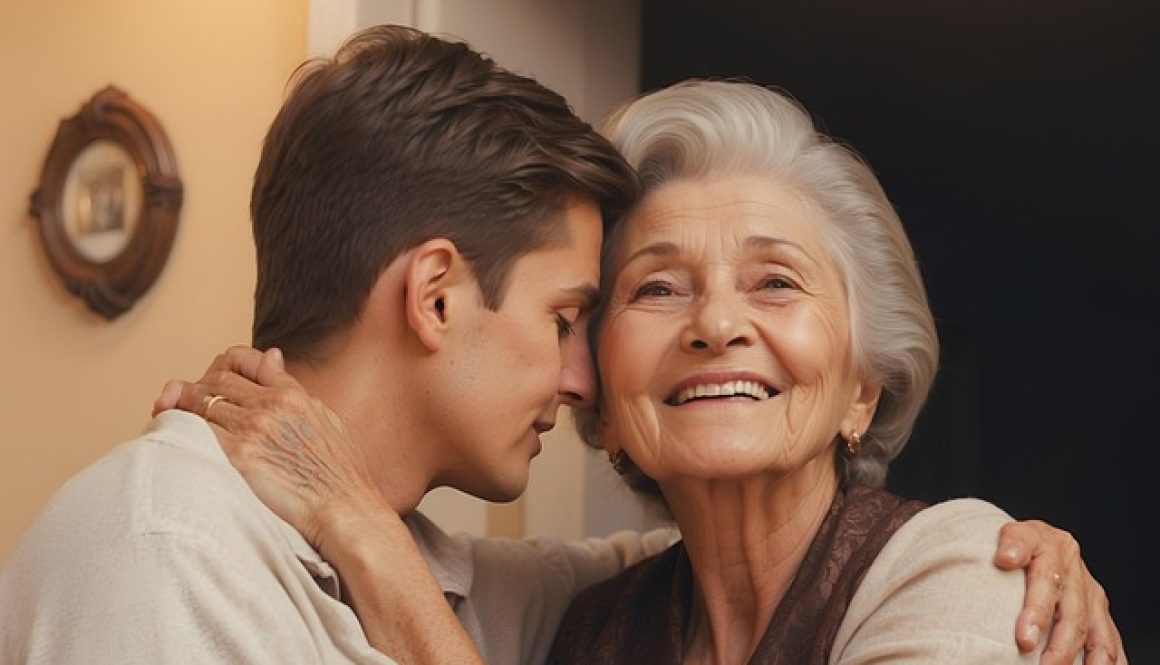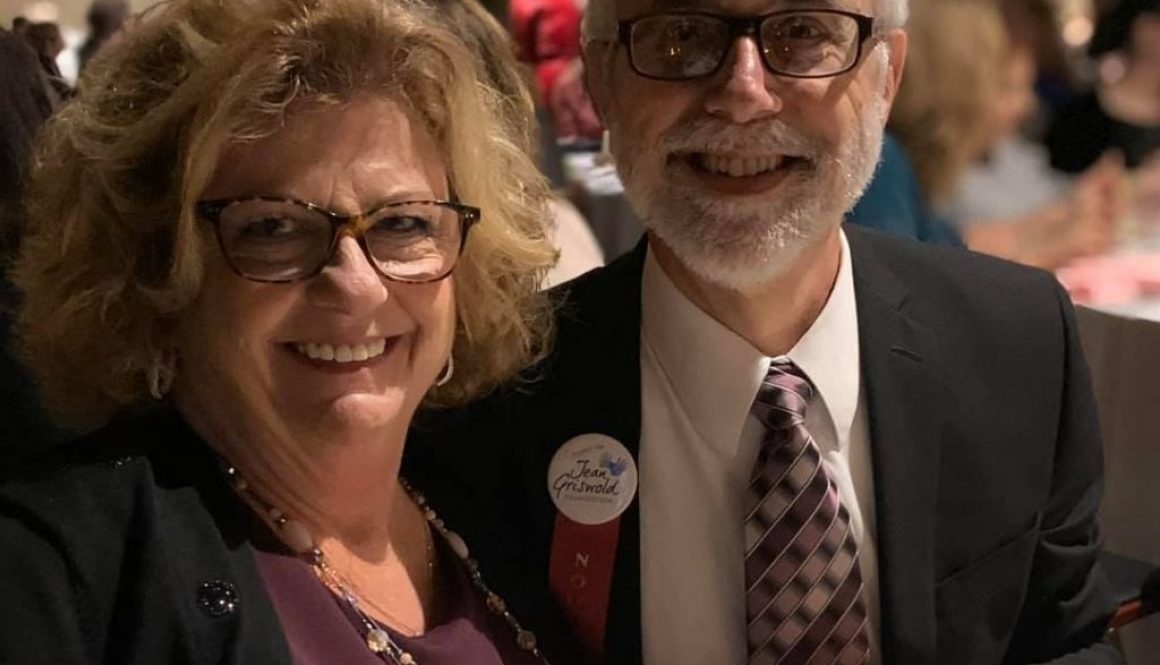How to Navigate Confusing Medicaid Eligibility Rules
Step 1. Hire a professional.
I can’t stress this enough. If you’re building an estate plan, life care plan or any other plan for yourself or a loved one, Medicaid planning and asset protection should always be an important part of the discussion.
Sure, there are some who are ineligible due to Medicaid income and asset limits. We’ll talk about that later. But for nearly 60 percent of nursing home residents and 30 percent of elders/persons with disabilities, Medicaid is a godsend to cover outrageous long-term care costs.
Hire a Professional to Help with Medicaid Eligibility
Let me introduce you to Betty. (My sincerest apologies, if you are or you know a Betty. I’m sure you’re/she’s wonderful!) But Betty’s a member of, almost certainly, any community here in the beautiful, sunny State of Florida. She tackled Medicaid planning on her own for her mother 25 years ago. She has all sorts of outrageous claims and outdated theories about the process.
Don’t listen to Betty. She’s almost always wrong. She scares good people, like yourself, into even talking to a professional, like myself, about building a Medicaid plan with asset protection.
Yes, health care companies have zero sympathy for people who cannot pay through other methods like Medicare, private insurance and/or savings. They will seize assets (after you or the loved one in question have passed on).
No, they won’t take your income. They won’t take your house. The worst Medicaid can do is say you’re ineligible. Therefore, the goal — if Medicaid is your only route to paying for expensive long-term care — is to protect your assets by becoming eligible.
And That’s Where We Come In
OK, so you’ve heard about all these income and asset limits. They can be confusing with their different:
- Tiers of eligibility
- Applicant categories
- Levels of care coverage
- Adjusted income formulas
You can be single, married, whatever, along a range of possible incomes and assets only to learn some legal and financial realities are considered differently from others, affecting your Medicaid eligibility in Florida.
What We Do to Achieve Your Medicaid Eligibility?
Caregiver Support and Resources, LLC builds a Medicaid-eligibility plan that works. Almost every Medicaid law — a federal entitlement program administered separately by the states — has exceptions. We work with you and elder law attorneys to determine your financial and legal needs and legally and ethically protect people’s assets.
Here’s the process in a nutshell:
Building the Initial Plan
Medicaid planning can be simple — sometimes requiring only assistance with the collection and preparation of documents. It may be complicated — perhaps a complete restructuring of one’s financial assets. Sometimes qualifying for Medicaid may involve transferring assets away from the applicant within established timeframes or, if possible, changing eligible assets into non-countable assets.
Legal issues require licensed legal consultation. In our time as the Clearwater, FL area’s premier caregiver resource, we have done many Medicaid-eligibility cases alongside the law firm Peebles & Gracy, P.A. We will also work with a lawyer of your choice.
Review By Parties
You and/or your loved one and attorney will review the written plan for accuracy and completion. We will compile all necessary legal paperwork (including, but not limited to: qualified income trust, personal services contract, and estate-planning documents like power of attorney, living wills, etc.)
Submission
Once the plan is agreed upon and deemed legal by a licensed attorney, we submit the application to the State of Florida. The client will never have to deal with state Medicaid workers or officials. As their representative — and as a Board-certified Patient Advocate — we serve as the point of contact between the state, the individual and care-partner team, attorneys, and medical facilities/resources.
Corrections
As with any government machine, Medicaid is a monolith with thousands of employees that handles millions of cases. Mistakes are made, despite their best efforts. Oversights happen. Paperwork gets lost in the cracks.
We correct any errors by the state and give clarification on your behalf.
After Care
After approval, Caregiver Support and Resources offers an after care program to help navigate their first annual review with the state. The process can understandably be daunting and stressful, as many stress that something could go wrong to affect their Medicaid eligibility.
Don’t fret. We’re there by your side for every step and beyond.
Professional Medicaid Eligibility Planning with a Personal Touch
Medicaid has a lot of moving parts. Don’t let yourself get lost in loads of paperwork and uncertainty. You need a professional to navigate the system and account for your legal and financial best interests.
Education is a huge component of what we do. Medicaid eligibility is often complex (and maintaining eligibility may be, as well). We educate the client on processes and financial realities that could help (or hinder) your eligibility. I always say, “I have a limit of 5 million questions. It’s far better to ask than to allow an important factor to be overlooked.”
For a flat rate, we go to bat for you, saving you time and expense juggling many tasks and consulting with Medicaid-qualified legal experts along the way. We don’t just offer instructions. We’re hand-holders. We’ll go to the banks, make the calls, compile your paperwork and ensure it’s filed correctly, avoiding silly mistakes and confusion.
There’s no reason anyone should live in poverty for transitioning to higher levels of care. Our clients, their families and future generations may still live in comfort and dignity.
(Editor’s Note: Caregiver Support and Resources, LLC is not a law office. Maureen Rulison is not an attorney. The information contained in this blog is not to be construed as legal counsel or advice or substituted as such in any U.S. state, territory, locale or foreign state where it can be accessed. Rather, this blog is meant only to educate elders, care partners and families as to legal processes around life care planning.)


